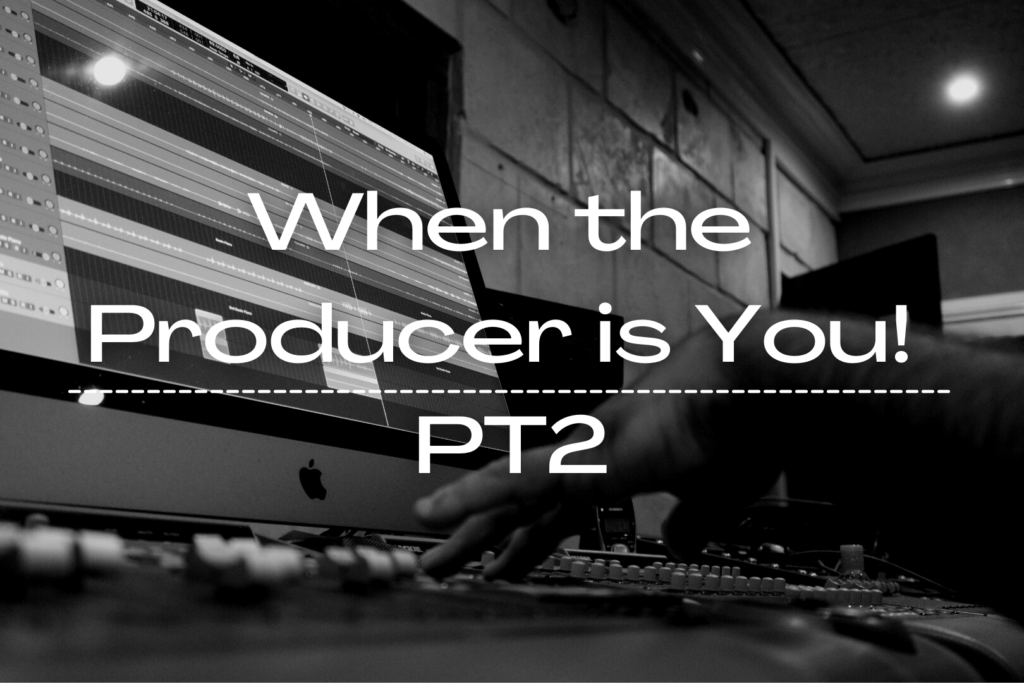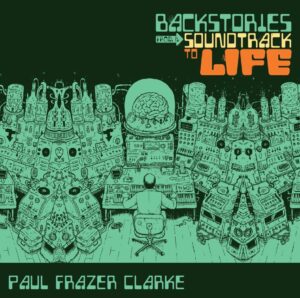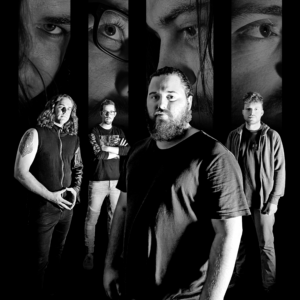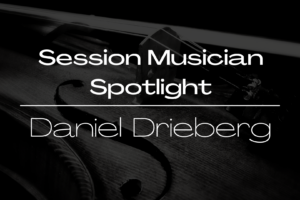CHOOSE YOUR RECORDING PROCESS
When you’re playing the role of the producer, it’s important to understand the recording process before you’re in the studio. Always have a chat to your recording engineer before you arrive to understand what process and order you’re going to follow. This will vary depending on the needs for your project.
MULTITRACK RECORDING
Oftentimes, multitrack recording will give you the most professional sound for your project. This involves recording your instrumental parts separately (generally rhythm first, followed by bass, melodic instruments and vocals). This means that individual adjustments can be made for each part quite easily during mix preparation. If this is how you’d like to record, your musicians most likely won’t have to be there at the same time. Write a schedule depending on how long you expect each part to take, and make sure all musicians are across it. It’s also crucial to ensure that everyone arrives on time so that you don’t waste your studio time and money. Having a big group in the studio can often be counter-productive, as it can be a distraction for those recording their parts and may waste time. If you choose to record your parts individually, you must allow for the extra time (and hence, budget) that this will call for.
LIVE RECORDING
Recording your band or ensemble playing together at the same time (a live recording) is the other option that many people go for. This usually aligns with a smaller budget as it takes less time to record. It also allows for the musicians to bounce off of each other, interact and play cohesively as a group with the same energy; which can often be lost in a multitrack recording. Many people prefer this method as it gives a more organic sound, similar to what you’d expect if you saw the group play live. If this is the option you want to go for, remember that the microphones will often bleed into each other, making it much harder to correct mistakes during mix preparation. No matter which option you go for, always make sure that the musicians recording know their parts. If you’d like to know more about multitrack vs live recordings to decide what’s best for you, you can read all about it here.
UNDERSTANDING THE MIXING PROCESS
A lot of work goes into mixing songs, and it often starts during a recording. Mix preparation is often necessary, which involves making a number of adjustments to the raw recording. The most common corrections made are to pitch and timing, and while often minor, will make a huge difference to your final product. If you’re getting a mix engineer to prepare and mix your track, this should be accounted for in your budget from the beginning as it takes extra time. Always discuss this with your mix engineer and agree on an approximate number of hours before you record your project. You should also be aware of what your studio has to offer. At Artisan, our hourly pricing guide includes recording, mix preparation and mastering. We will set out a rough guide for the likely amount of time each process will take, however many studios don’t do this. Always make sure you find out what your studio fees include so that you don’t incur lots of additional costs on top of what you’d originally expected.
THE BUCK STOPS WITH YOU
When you’re organising a recording project, it’s your responsibility to find out all of the necessary information from the get-go so that you have realistic expectations. There are endless resources available and we always recommend having thorough discussions with your studio and mix/recording engineers. We often find that people will expect to have an entire track produced, recorded, mixed and mastered in a two hour session. This is highly unlikely to happen if you want an optimised, professional sounding song. It is also important to listen to revisions of your track on a range of different speakers and headphones so that you know what it will sound like when listened in different circumstances under various conditions. If you’re unsure, simply ask to come in to listen to to your revisions in the studio! We (or whichever studio you are recording with) will be more than happy to let you listen through a variety of speakers. This being said, always make sure that you are 100% happy with a track before giving approval. Once you approve a song, you’re essentially making a contractual deal that you accept the product as it is. If you give approval to a track, it takes time to master your song. If you then you choose to change something after mastering, you’ll incur additional costs for the extra work to go back and make changes.
Essentially, it all comes down to preparation and your knowledge of in-studio processes. If you have questions about any of the above, please let us help you! We offer FREE 30 minute consultations and are always happy to discuss the needs of your project. If it all sounds too overwhelming and all you have is concept or idea, we are always more than happy to produce your song, help you conceptualise your project and walk you through step by step.




